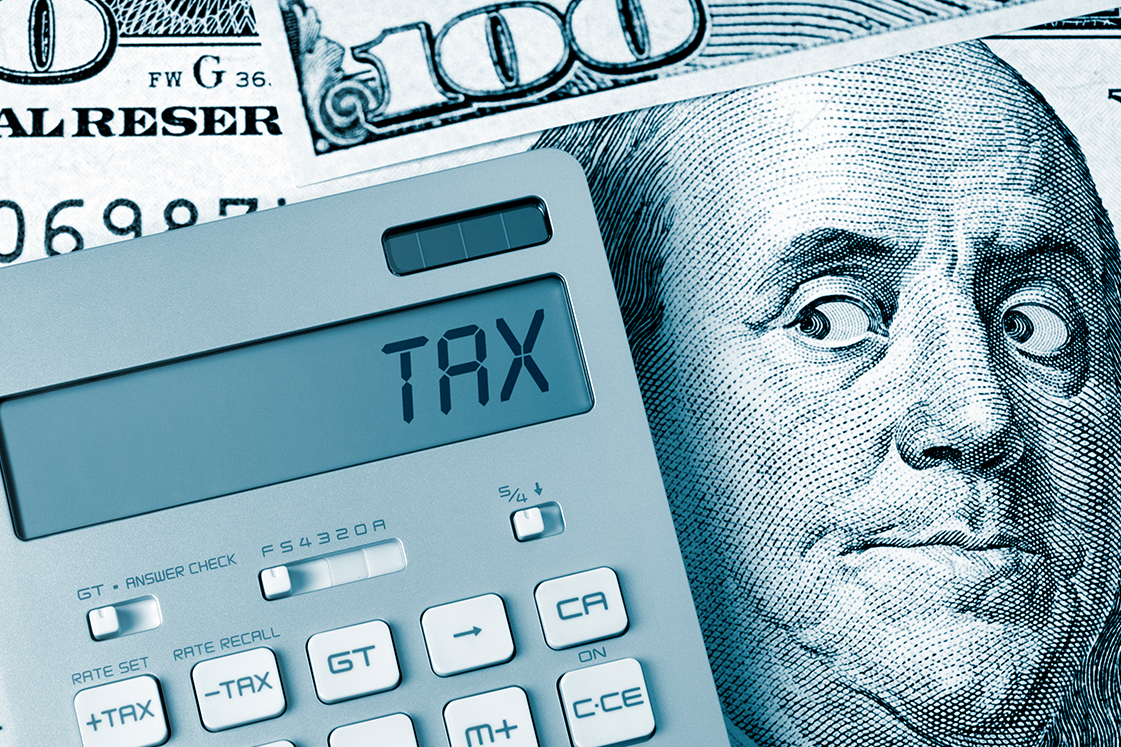One of the perks of being a homeowner is getting to use your home for tax deductions. Tax deductions reduce how much you pay in taxes by lowering your taxable income.
When filing your annual taxes, you can use standard or itemized deductions. Standard deductions are a set amount deducted from your adjusted gross income based on factors like your marital status, filing status, and age. For the 2022 tax year, it ranges from $12,950 to $25,900.
Itemized deductions allow you to manually add each item you’d like to deduct from your adjusted gross income.
If you use itemized instead of claiming the standard deduction, you can take advantage of the following homeowner deductions:
Mortgage interest
Depending on the type of mortgage you have and the way you file your taxes, you may be able to deduct interest payment on your mortgage, home equity loans, and lines of credit (if they were used to buy, build, or improve your home). The amount may vary, but for the 2022 tax year you can deduct up to $750,000 in mortgage interest.
Real estate taxes
You can deduct the real estate taxes you paid for your primary residence, co-apartment, vacation home, or land.
Mortgage points
The year you purchase mortgage points, the full amount you paid can be an itemized deduction. If you can’t deduct the points in the year you bought them, you may still be able to deduct them over the life of the loan.
Mortgage insurance
For the 2022 tax year, the amount you paid for private mortgage insurance premiums (or mortgage insurance premiums for FHA-baked loans) can be an itemized deduction. However, your loan must have been taken out after January 1, 2007 to qualify.
Energy-efficient improvements
Renewable energy tax credits are available for both existing and new construction primary and secondary homes. To see a full list of credits, visit energy.gov.
BONUS: Possible first-time homebuyer credits
This isn’t a tax credit, but it’s something to be aware of if you’re considering buying a home for the first time. If coming up with a down payment is keeping you from becoming a home buyer, keep an eye out for the proposed First-time Homebuyer Act. It’s a bill that, if passed into law, gives eligible first-time homebuyers up to a $15,000 credit.
Another bill is the Downpayment Towards Equity Act of 2021 which is a first-generation homebuyers grant of up to $25,000 to use towards down payment, closing costs, mortgage interest rate reduction, and other home purchase expenses.
Talk to your loan officer about the status of these bills and whether you’re eligible for them (some are retroactive so you may be eligible even after your home purchase) or other assistance programs.
Next steps
The above list will give you an idea of some of the tax benefits available to homeowners. At Mann Mortgage, we’re home loan experts, not tax pros. If you have any questions about your taxes, be sure to work with a local tax professional.
There are a lot of financial benefits for home ownership. If you’re interested in finding out how your current home or new home can best benefit your financial goals, give us a call. We’ll crunch the numbers together and find the right mortgage program for you.

